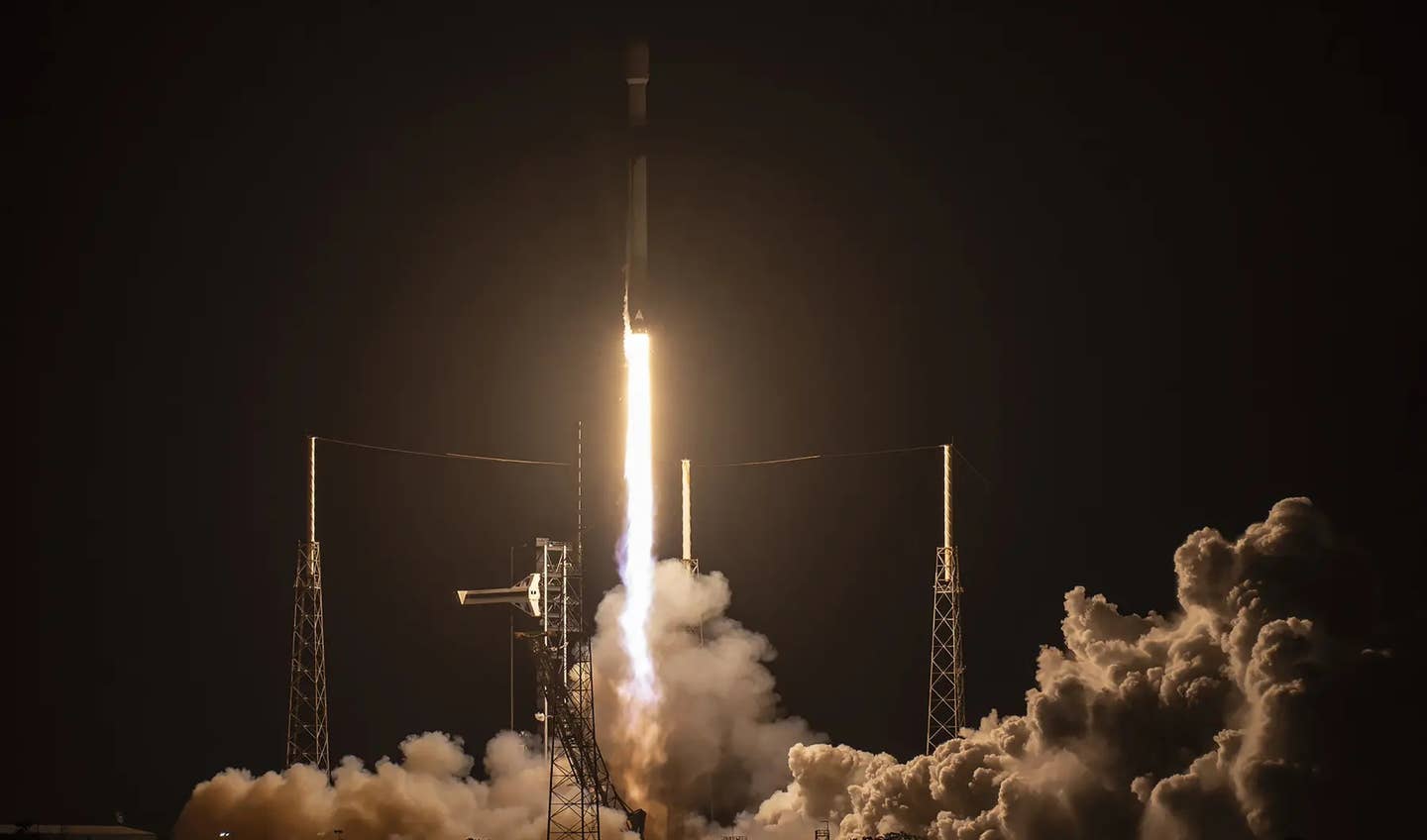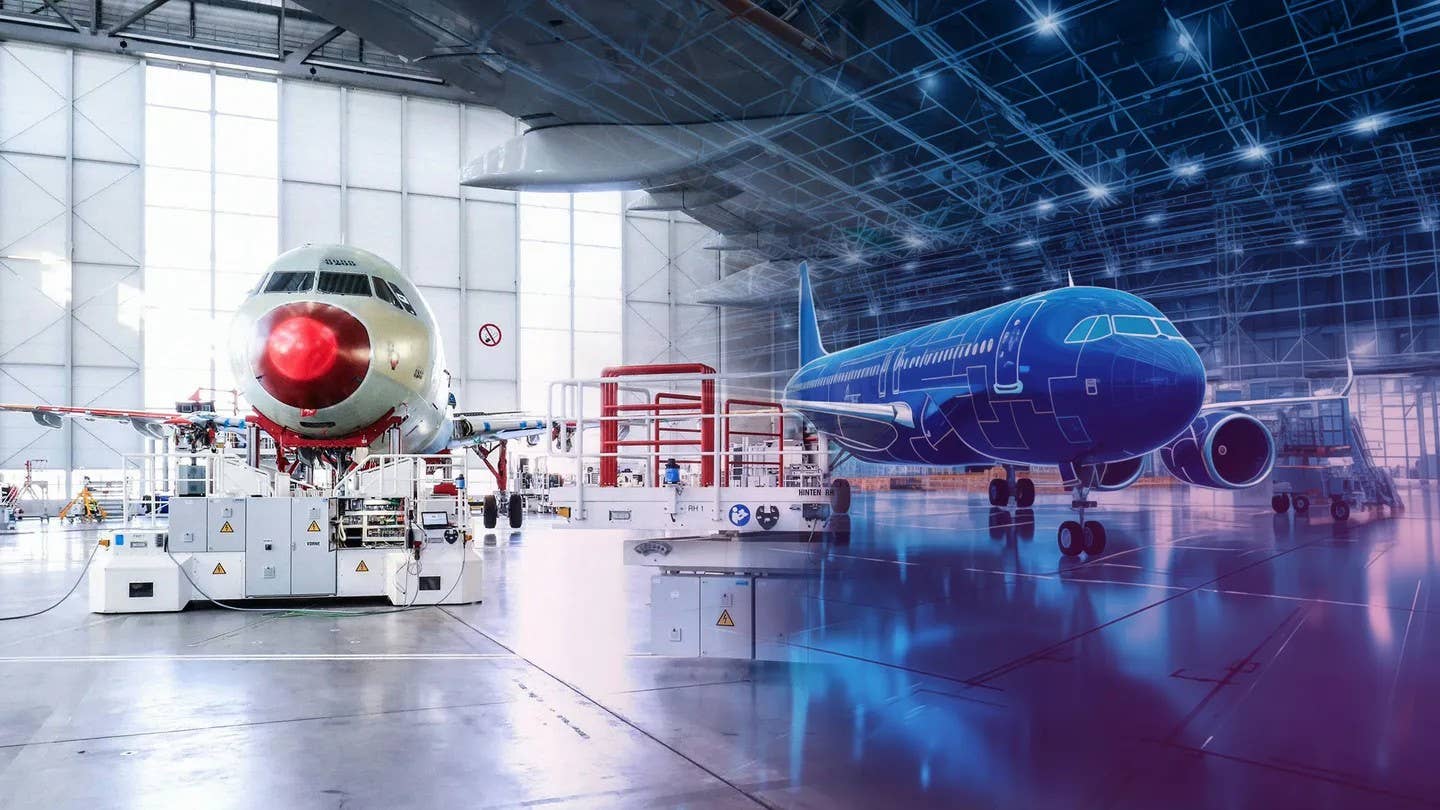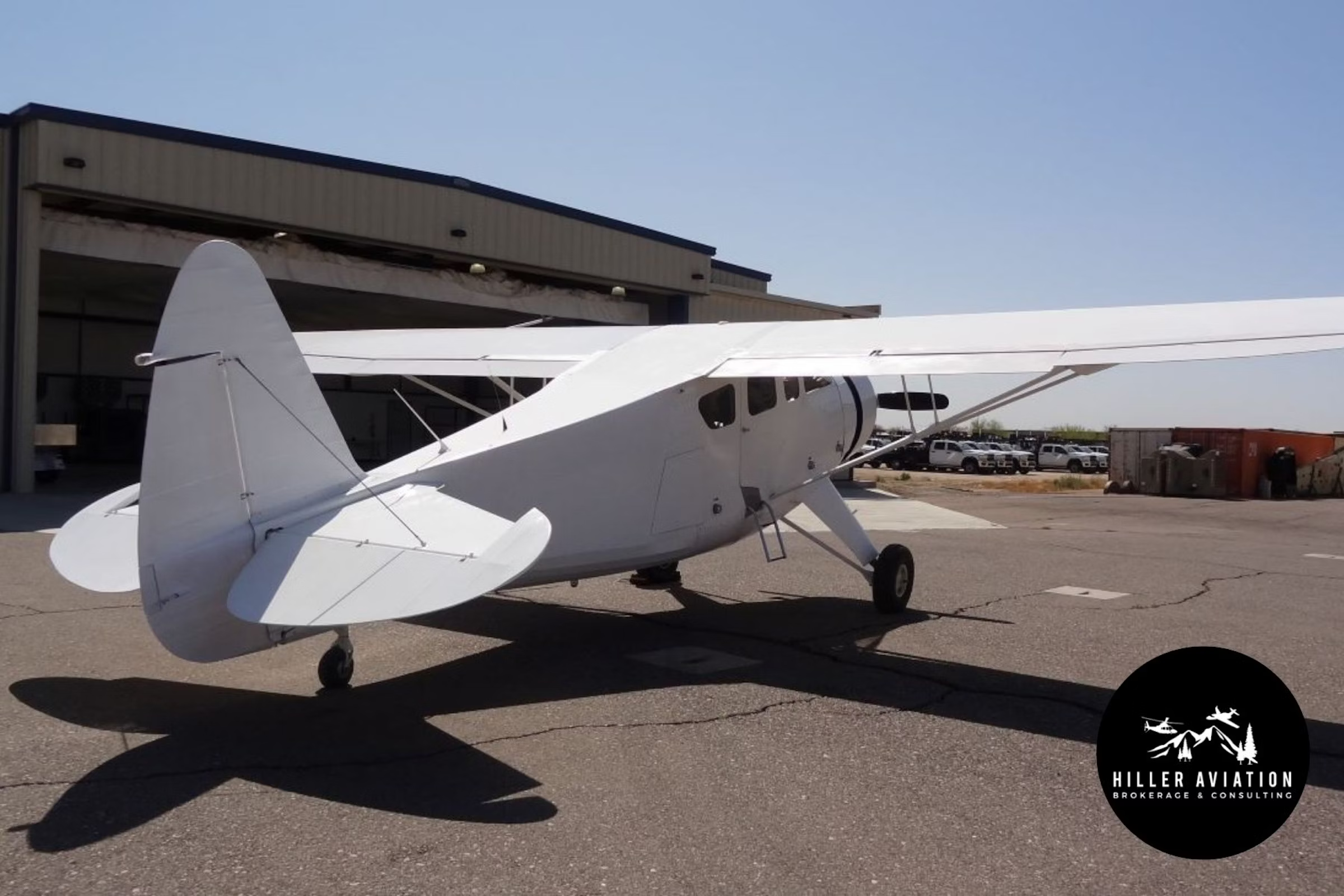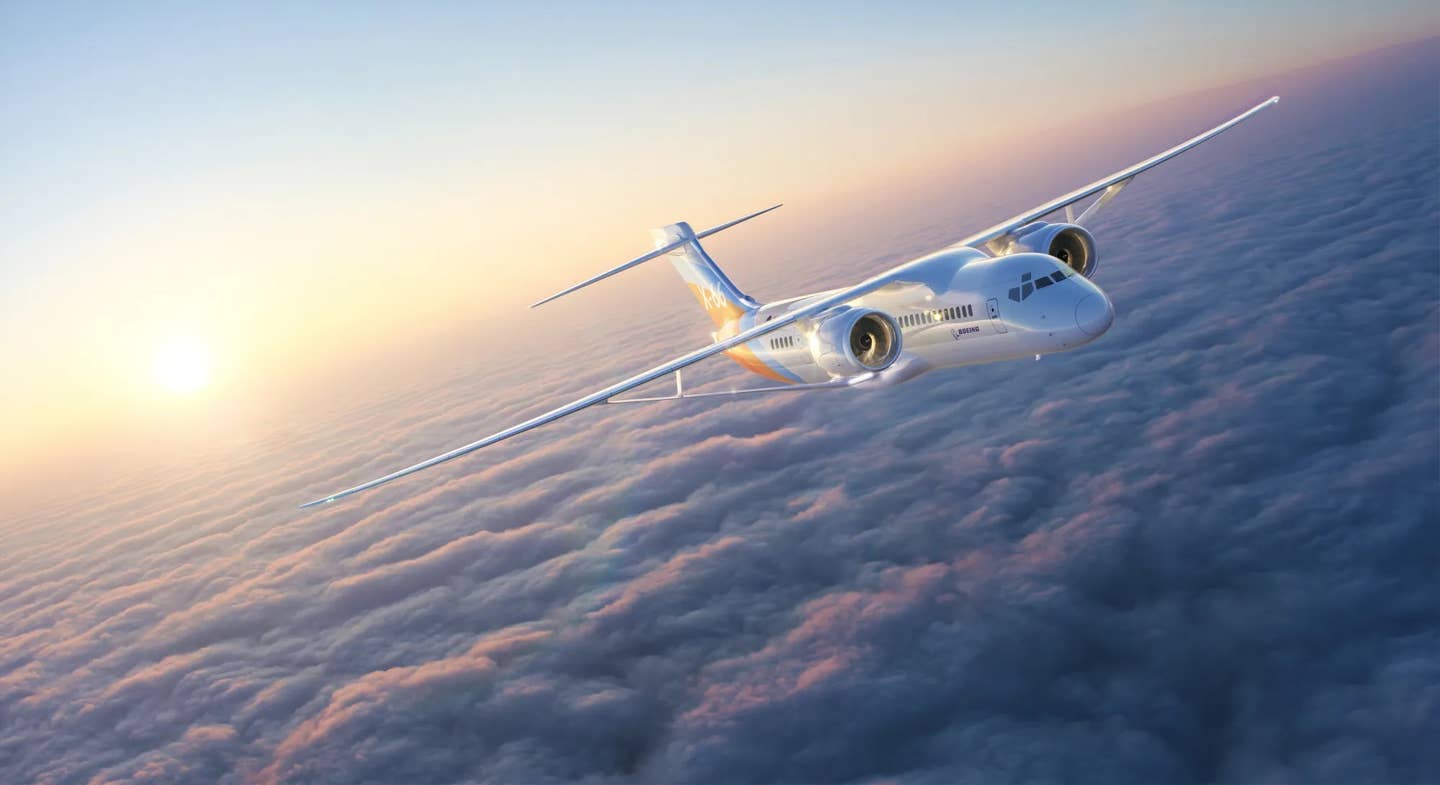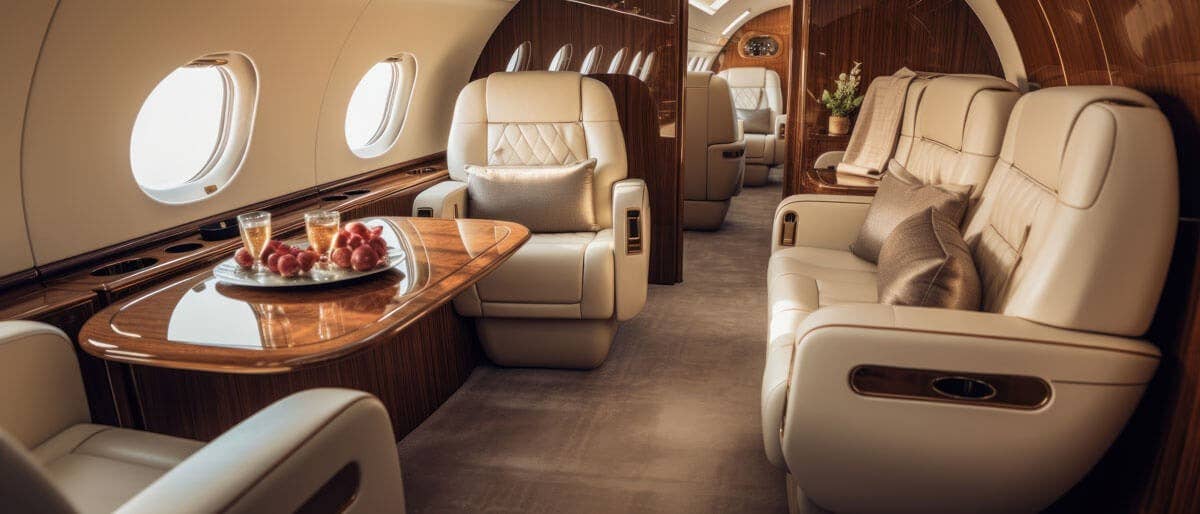Electric Air Taxi Manufacturer Volocopter Runs Out of Cash
Manufacturer has raised an estimated $750 million in private capital from backers including Mercedes-Benz, Honeywell, and Blackrock.

Volocopter’s VoloCity electric vertical takeoff and landing (eVTOL) air taxi flies in downtown Manhattan in New York City in November. [Courtesy: Volocopter]
Volocopter—the manufacturer of a two-seat, electric vertical takeoff and landing (eVTOL) air taxi it expects to fly paying customers later this year—is out of cash.
The firm last week filed for insolvency at a court in Germany, where it is based, as it searches for new investors. Tobias Wahl, the company’s court-appointed attorney, said in a news release that it would develop a “restructuring concept” to be shared with investors by the end of February.
“We are ahead of our industry peers in our technological, flight-test, and certification progress,” said Dirk Hoke, the outgoing CEO of Volocopter who announced his resignation in September. “That makes us an attractive company to invest in while we organize ourselves with internal restructuring.”
The news comes just two months after air taxi competitor Lilium, also based in Germany, ran out of money itself. In December, the firm said it was nearing a deal that would allow it to restart the business this month.
Burning Cash
According to SMG Consulting’s Advanced Air Mobility (AAM) Reality Index, Volocopter has raised more than $750 million from private backers including Mercedes-Benz, Honeywell, and Blackrock. The company did not disclose the investors or value of its most recent funding raise in June, according to The Air Current. It claims to have “one of the lowest burn rates in the industry.”
“However, despite recent intensive fundraising efforts, finding a viable solution to maintain regular operations outside of insolvency proceedings has not been possible,” the company said on Monday.
Electric air taxi manufacturers have raised billions of dollars in private capital over the past decade, but they have little to show for it. Savanthi Syth, an analyst for Raymond James, in November predicted to Reuters that Joby Aviation, Archer Aviation, Eve Air Mobility, and Vertical Aerospace—four of the largest such companies—would burn a combined $1 billion by the end of 2024.
And so far, that money is contributing only to aircraft development, manufacturing, and certification. No eVTOL air taxi has flown passengers—let alone received FAA certification—in the U.S. China’s EHang is the first and only company to operate eVTOL passenger flights, though those operations remain in their infancy.
Foiled Plans
Like EHang’s EH216-S, Volocopter’s VoloCity has two seats. It is designed for a pilot to fly a single passenger at a cruise speed approaching 60 knots, with a range just under 20 nm. The company is working with the European Union Aviation Safety Agency (EASA) to secure the necessary approvals to operate VoloCity as a commercial aircraft, including type certification.
That authorization would have allowed Volocopter to demonstrate the model’s passenger-carrying capabilities during the 2024 Paris Olympic Games, a goal it fell short of achieving. Instead, it completed a handful of uncrewed test flights and contended with pushback from local officials, who even took legal action against the demonstrations.
Volocopter and partner Groupe ADP, which manages Paris region airports, told Agence France-Presse in August that they planned for VoloCity to fly passengers over the river Seine by December. But that too failed to pan out.
The struggles of Volocopter and Lilium, which also filed for insolvency in 2024, don’t necessarily reflect the state of the larger eVTOL air taxi space. But they could be a sign of consolidation to come. Robin Riedel, who co-leads the Center for Future Mobility at McKinsey, told FLYING that private investment in eVTOL actually doubled from 2023 to 2024, with $3.1 billion raised through mid-December.
“However, while funding was up overall, 2024 was a tale of two industries: some large players, in particular Archer and Joby, as well as Chinese players received much of the additional funding,” Riedel said. “Others struggled to attract investors and as a result are facing restructuring or shut-down.”
Joby and Archer, in particular, are helped by airline partnerships with Delta Air Lines, United Airlines, and Southwest Airlines, respectively. They also have the backing of the U.S. government, which is evaluating Joby’s S4 and Archer’s Midnight for military use.
Volocopter’s lone U.S. operating partner is Houston-based Bristow Group, which primarily flies helicopters. The manufacturer also has an agreement with Japan Airlines to study eVTOL air taxi services in Japan.
The company said business operations with those collaborators and others will “continue as usual” during insolvency proceedings.
Like this story? We think you'll also like the Future of FLYING newsletter sent every Thursday afternoon. Sign up now.

Sign-up for newsletters & special offers!
Get the latest FLYING stories & special offers delivered directly to your inbox

